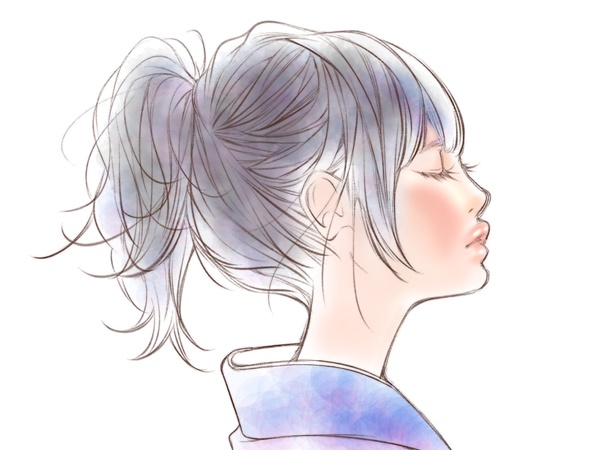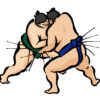What does “suteki” mean? How to say it in English? すてき 素敵

Ano joyuu san, suteki!
あの女優さん、ステキ!
Konya no kimi wa totemo suteki dayo.
今夜の君はとても素敵だよ。
Suteki na doresu desu ne!
素敵なドレスですね!
Suteki na anata ga daisuki desu.
素敵なあなたが大好きです。
“Suteki" is a word that often appears in Japanese conversations.
If a Japanese tells you something like the above, you should be pleased.
In writing “suteki" in kanji, it is “素敵", and the word “敵" means “enemy".
Sounds strange?
What does “suteki" mean?
“Suteki" means “attractive", “good-looking", “handsome", “wonderful", “great", “nice", “splendid", “glorious" and so on.
Then, the meanings of the above examples are as follows.
Ano joyuu san, suteki!
あの女優さん、ステキ!
That actress looks wonderful!
Konya no kimi wa totemo suteki dayo.
今夜の君はとても素敵だよ。
You are very beautiful tonight.
Suteki na doresu desu ne!
素敵なドレスですね!
Your dress is gorgeous.
Suteki na anata ga daisuki desu.
素敵なあなたが大好きです。
I like you very much as you are so wonderful.
More example sentences with “suteki"
Example sentences using “suteki" are as follows.
This word can be used in both casual and business situations.
Konya no kanojo pafo-mansu wa totemo suteki da.
今夜の彼女のパフォーマンスはとても素敵だ。
Her performance tonight is awesome.
Kare no utagoe wa totemo suteki da.
彼の歌声はとても素敵だ。
His singing voice is very exquisite.
Oka no ue ni suteki na ie ga aru.
丘の上の家に素敵な家がある。
There is a lovely house on the hill.
Suteki na interia desu ne.
素敵なインテリアですね。
It is a great interior.
Sore wa suteki na aidea desu ne.
それは素敵なアイデアですね。
That’s a great idea.
Suteki na shuumatsu wo osugoshi kudasai.
素敵な週末をお過ごしください。
Have a nice weekend.
Suteki na goryoushin desu ne.
素敵なご両親ですね。
You have wonderful parents.
Kare no sakuhin wa dore mo subarashii desu.
彼の作品はどれも素晴らしいです。
All his works are stunning.
Suteki na anata de ite kudasai.
素敵なあなたでいてください。
Stay wonderful as you are.
Origin of “suteki"
The origin of “suteki" seems to have various theories.
According to the dominant theory, it began to be used as a buzzword in the late Edo period. The term was used by the common people and had the meaning of “very", “recklessly", “extremely" and “extraordinary".
Nowadays, “suteki" is used in the sense of “attractive" or “marvelous", but originally it was not always used in a good meaning.
Originally it was described as “すてき(suteki)" in Hiragana, but in the Meiji era, the word “素的(suteki)" started to be used, and the meaning gradually changed to the one used today.
As mentioned above, the “敵(teki)” of “素敵(suteki)” used at present means “enemy”. It is said that these kanji began to be used in the Taisho era. Then, in the Showa era, the kanji began to spread among ordinary people.
Doesn’t it sound very friendly if it contains kanji meaning “enemy", does it?
There are various theories as to why “enemy" is included in this word.
One theory is a paraphrase of the word “deki-sugi" (meaning" too good “)".
Another theory is that the “su" of the word “subarashii (すばらしい、素晴らしい: meaning “splendid", “glorious", “gorgeous", “stunning", etc.)" had a suffix of “teki", and then became a word.
In some cases, this word has even more different kanji character as “素適(suteki)” in addition to the “素敵”. The meaning of “適(teki)" is “meet”, “fit”, “conform to”, “match” and the like.
It is considered that “suteki” using this kanji includes the meanings “not suitable”, “unbearable", “not realized” and the like.
And the meaning of “not realized" is thought to be the trigger for using the kanji of “敵(teki, an enemy") which has the same sound."
















